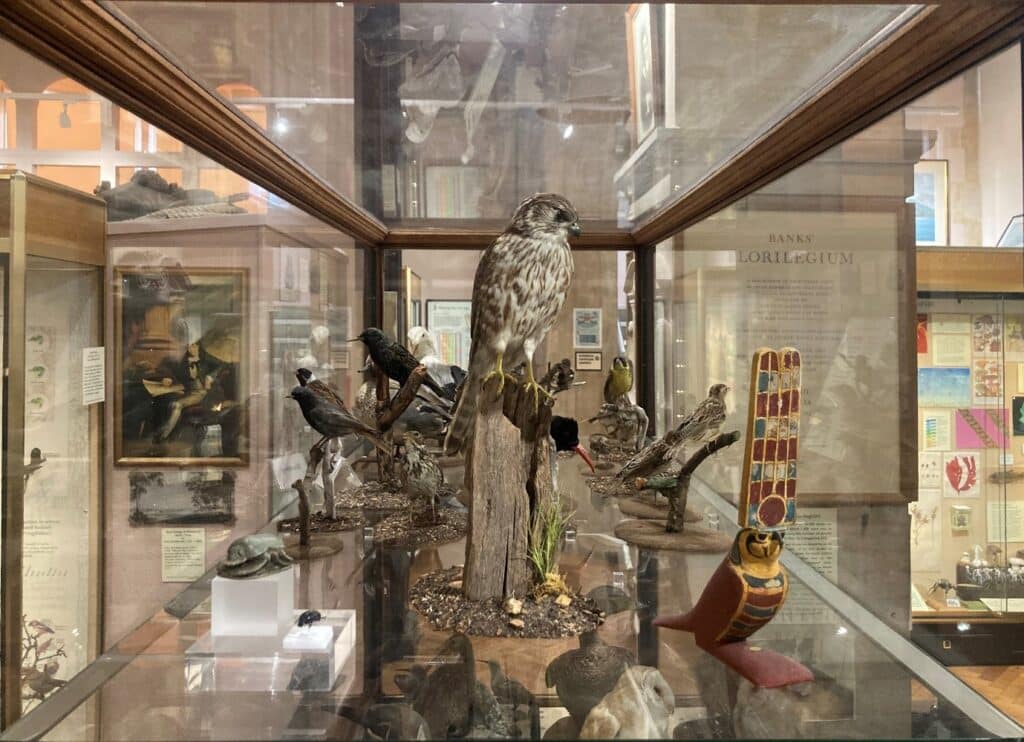On Thursday 23rd May, the Parry Society was immensely fortunate to hear the supremely energetic Ralph Allwood, ex-Eton Precentor of twenty-six years, notable conductor of the Rodolphus choir, the choir of Queen’s College Cambridge and the Old Royal Naval College Trinity Laban Chapel Choir.
Mr Allwood commenced the talk by giving a brief overview of his musical life, highlighting that his career had been to teach and conduct, stating that he ‘wasn’t happier than when he stood in front of a choir.’
He went on to emphatically dismiss Stormzy and the like, referring to them as a form of poetry, not deserving of the title ‘music.’ However, he stressed that ‘modern music’ wasn’t entirely undeserving of the title ‘music,’ calling on ‘Yesterday’ by the Beatles as an work on par with Mozart as it contains ‘genius’ chord sequences which thus puts it on his ‘good music list.’
The bulk of the talk was spent addressing the secret of good music. To Mr Allwood, good music is good because we consciously, though more often subconsciously, notice patterns that we like. This could be a beat, rhythm or lyric that sounds particularly edgy or unusual, or, in his case, a unique harmonic sequence, whether it be in Summertime (Porgy and Bess, Gershwin), Mozart’s beginning to his C minor mass, or Bach’s ‘Ebarme dich, mein Gott.’
Towards the end of the talk, Mr Allwood answered a range of questions concerning both his life and music. The most intriguing was on ‘why is there a decline of classical music amongst young people?’ Mr Allwood quickly responded that classical music’s decline certainly wasn’t as linear as one might expect. Instead, some schools, particularly Eton, were at the zenith of their classical music making, with vast proportions of students at these schools playing musical instruments and getting involved in ensembles. However, other schools all over the country were at a lower ebb, due to accessible music such as that of Stormzy being hailed as the next Mozart. That said Mr Allwood did make the point that in his experiences of going into schools of all kinds, even those struggling to deliver curriculum music, the pupils were keen to participate when they had the opportunity.
Alex Finlayson-Brown



